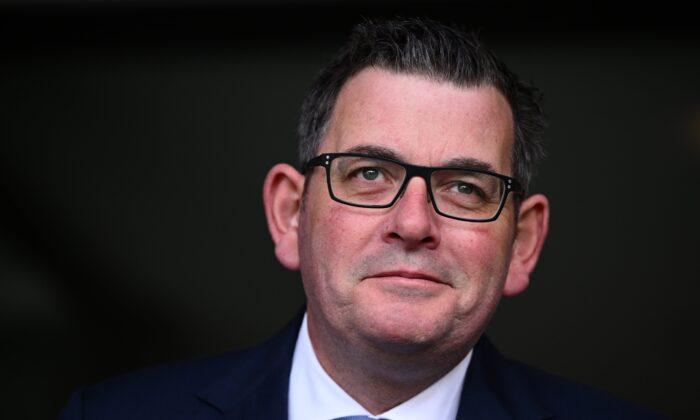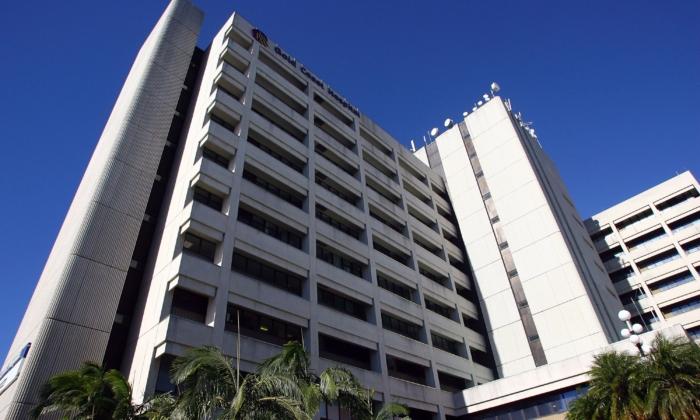The Mineral Council of Australia has welcomed new funding initiatives by the Andrews government to regulate the resources sector but is concerned that an additional payroll tax levy will be a burden for businesses.
This follows an allocation of $23.2 million from the state budget to the resources sector.
Meanwhile, the state’s additional payroll tax—which has been criticised by various industries, including the private education sector—has been said to come at a “bad time” as the industry seeks new investments.
Nevertheless, Sorohan said the $23.2 million from the Victorian government is a “positive example” of how governments and industry can work together to get projects underway.
“Victoria needs a broader economic base and a more diverse economy,” Sorohan said, adding that the development of critical mineral projects would equate to “more mines, more jobs,” and royalties to fund state services and to fix the budget.
“Importantly, developing Victoria’s projects in mineral sands, copper, and zinc, as well as exploration projects in gold, base metals, REE, and lithium, will help reduce inequality in regional areas and provide a much-needed boost to regional Victoria,” Sorohan said.
Still Waiting For Clarity For Critical Minerals
The Association of Mining and Exploration Companies (AMEC) chief executive, Warren Pearce, said while he welcomes the state government’s new initiatives, more needs to be delivered to support critical minerals in Victoria.Pearce explained that Victoria has continued to rank among the lowest Australian jurisdictions for mining investment, despite Australia being the “most attractive” part of the world for mining investment.
Investment in the Victorian Minerals Sector Continues to Decline
According to mineral exploration expenditure data from the Australian Bureau of Statistics (ABS), exploration spending in Victoria declined for the third successive quarter.For example, investment in exploration in Victoria had fallen more than 30 percent in the 12 months to Dec. 31, 2022, with Victoria’s share of national expenditure down almost 40 percent during the 12-month period.
Additionally, year-on-year expenditure on new projects had dropped over 40 percent.
“With the challenges and impacts of COVID largely realised and absorbed, Victoria’s sustained lacklustre performance and perceptions of the state as a sound investment destination remain concerning, and undoubtedly investment capital continues to preference other national and international jurisdictions that have clearer, more certain regulatory regimes and lower cost operating environments,” according to the AMEC report.
“Industry needs clear government support to continue exploration success, the identification of new mineral deposits and the ability to progress discoveries into productive operating mines that will lead to growth, jobs and investment.”
The ranking of Victoria was 47 out of the 62 jurisdictions as determined by the 2022 Fraser Institute survey, and it was the second-last of the seven Australian jurisdictions, with Tasmania ranking 50.
“More work needs to be done to deliver timely permitting approvals and to support industry investment,” Sohoran said.
“Clearer and more certain project approval timeframes and reform to Victoria’s flawed gold royalty is required if Victoria is to attract mining investment.
“Victorian mining is estimated to pay $140 million in royalties in 2022-23. This is in addition to various fees and charges imposed by mining.”
Further, the 2022 budget included an investment of $7.4 million over three years to support the development of a critical minerals prospectus and grants programme.
“One year on, and we have not seen a prospectus or a grants programme. It’s time Victoria put pen to paper and developed a Critical Minerals Strategy as leading mining jurisdictions have done. A clear path forward would support both industry and federal government investment in this new frontier for the mining industry,” Pearce said.
Meanwhile, Western Australia, the Northern Territory, and South Australia appeared in the global top 10 on the Investment Attractiveness Index in the 2022 survey.
“When considering both policy and mineral potential, Australia continues to be the most attractive region in the world for mining investment,” the survey noted.





